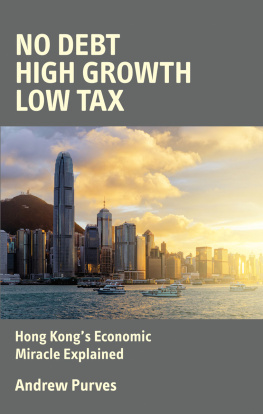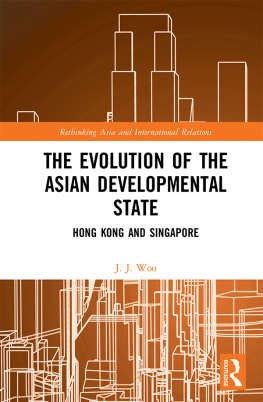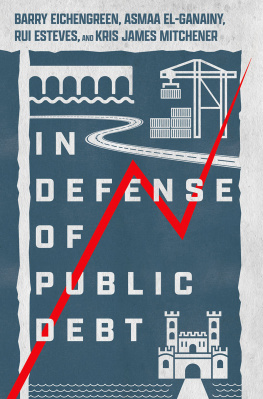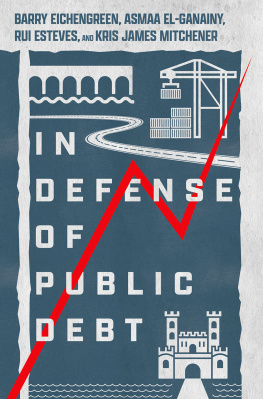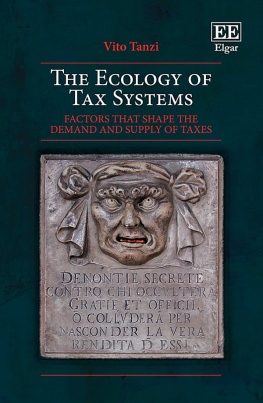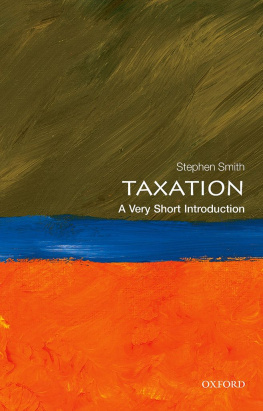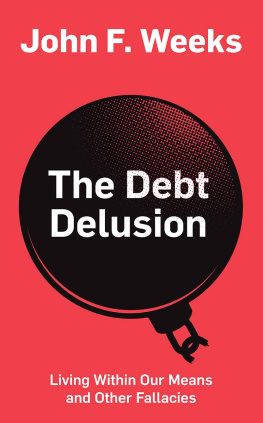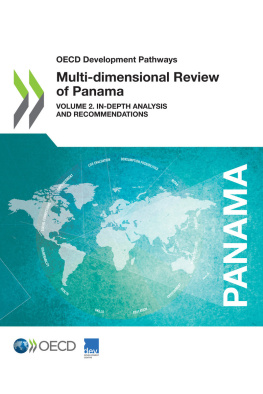
Andrew Purves
All rights reserved. No part of this book may be reproduced in any form without the written permission of the publisher, Shepheard-Walwyn (Publishers) Ltd
First published in 2015 by
Shepheard-Walwyn (Publishers) Ltd
107 Parkway House, Sheen Lane,
London SW14 8LS
in association with
The School of Economic Science
11 Mandeville Place
London W1U 3SJ
www.shepheard-walwyn.co.uk
www.ethicaleconomics.org.uk
British Library Cataloguing in Publication Data
A catalogue record of this book is available from the British Library
ISBN: 978-0-85683-507-0
Typeset by Alacrity, Chesterfield, Sandford, Somerset
Printed and bound in the United Kingdom
by 4edge Limited
Dedicaton
To the people of Cuba, who have suffered for fifty years under a totalitarian ideology which kept them in poverty, but are now poised for great change. All land in Cuba is owned by the state, so by following the leasing arrangement developed in Hong Kong, they could avoid the damaging side effects of absolute private ownership of land. And to my wife and family, who have suffered many years of my arguments in support of radical economic change!
Foreword
Andrew has for many years, held the view that much of the unequal outcome of the capitalist system is due to an inefficient and misdirected system of taxation, which gives a big advantage to property owners, while keeping wages artificially low. This has encouraged him to study economics and the complexities of our tax system.
He became fascinated by the success of Hong Kong (where he spent his early years), and Singapore, and recently visited both Cities to try to better understand the reasons for their success. He also took the opportunity to examine the way that the very successful Hong Kong Mass Transit Railway was funded and explains the process.
I consider this result of his studies to be a well researched and easily read case for the merits of a simple and easily understood tax regime.
I commend his efforts.
S IR W ILLIAM P URVES, CBE, DSO, GBM
Group Chairman, HSBC Holdings 1986-1998
Contents
ATHENIAN: There was also another advantage possessed by the men of that day, which greatly lightened the task of passing laws.
MEGILUS: What advantage?
ATHENIAN: The legislators of that day, when they equalised property, escaped the great accusation which generally arises in legislation, if a person attempts to disturb the possession of land, or to abolish debts, because he sees that without this reform there can never be any real equality. Now, in general, when the legislator attempts to make a new settlement of such matters, every one meets him with the cry, that he is not to disturb vested interests-declaring with imprecations that he is introducing agrarian laws and cancelling of debts, until a man is at his wits end; whereas no one could quarrel with the Dorians for distributing the land there was nothing to hinder them; and as for debts, they had none which were considerable or of old standing.
David Ricardo, On the Principles of Political Economy and Taxation, 1817, Preface.
Plato, The Laws, Book 3, translated by Benjamin Jowett.
1
Introduction
S INCE I was a boy, I have been acutely aware of differences in wealth and opportunity available around the world. Comparing what was available to me, with what I could observe almost from my bedroom window, it seemed obvious that something was wrong with a system that allowed such inequality. That feeling stayed with me as I grew up. Alongside a conventional career in business, I continued to study and ponder this question.
Having been convinced of the efficiency and justice inherent in Land Value Taxation (LVT) in my late twenties, and having begun teaching Economics with Justice some ten years later, the great unanswered question always arose amongst our students: Is there somewhere where this is put into practice?
We continue to struggle to find such a place. The fact is, there are elements of LVT incorporated in several jurisdictions around the world, including the USA, Australia and South Africa, and for a short time LVT was reintroduced as an important form of taxation in Denmark in the 1960s, having first been established in the nineteenth century. Denmark continues to operate a two pronged property tax, with separate valuations for land and improvements (usually buildings). But the fact remains, that there is nowhere where the majority of a nations public revenue, is raised from the value of land. There is one place however, where a substantial part of public revenue is raised from the land Hong Kong. The curious thing is, that very few people are aware of it, least of all those people who reside there and live with the consequences. It also has to be said, that the particular form of raising such revenue in Hong Kong is neither a complete system, having been introduced over the years in an ad hoc manner, nor one which advocates of LVT would recommend. In addition, some of the features and loopholes created by this blind approach in Hong Kong, has in some ways contributed to higher levels of inequality contrary to the predicted outcome.
So, in teaching it has been difficult to use the Hong Kong case as an example. One of the major obstacles has been the lack of evidence and documentation to explain how the revenue is raised. My initial searches, and scouring of text books indicated very little awareness of the unique arrangements pertaining in Hong Kong. Only latterly have I discovered the work of Alice Poon, both of whom refer to the work of Henry George on LVT in the context of Hong Kong, so I am relieved to discover that I am not alone in my attempt to explain the case.
I grew up in Hong Kong in the 60s, and returned to the island regularly over the following decades, so witnessing at first hand the extraordinary growth of the economy there during the second half of the 20th century. I have taken a keen interest in its history and development since the return to Chinese sovereignty in 1997. It seemed, therefore, that I was well placed, to undertake some research. I am very grateful to my father, who worked there for over thirty years and who made many introductions, as well as to a number of random connections put my way by many people.
This book is an attempt to describe how public revenue is raised in Hong Kong, both through taxation and by other means. The aim is then to compare these methods with those used in the UK, and analyse the main differences.
Before doing so, we need to look at the unique land holding arrangements of Hong Kong, which is the subject of .
In , I will look at the situation in Singapore, which bears some resemblance to Hong Kong. I had intended to include a chapter on China, of which Hong Kong is now a Special Administrative Region (SAR), but found it difficult to obtain detailed information in English, so I have added a postscript.
I will not dwell on the logic and merit of the Land Value Tax (LVT), as this has been done by many and various people over the last 150 years, often with great authority and eloquence, for example Henry George, Sufficient to say, LVT is levied on the value of the site only, ignoring the value of any buildings. Thus the land value is determined by what any willing buyer is prepared to pay for the use of a particular site. It is a market-determined value, based on such factors as natural endowment (soil fertility, presence of minerals etc) and location (proximity to social amenities like transport, schools, parks, hospitals etc). In an urban setting, such as Hong Kong, location is by far the most important determinant of value. It is created by the presence and activity of the surrounding community. The purchaser of a particular plot is putting a price on the benefits conferred by society on that site thereby hoping to recoup his investment. The value of any piece of land will fluctuate as a community grows and prospers or stagnates, and declines.
Next page
